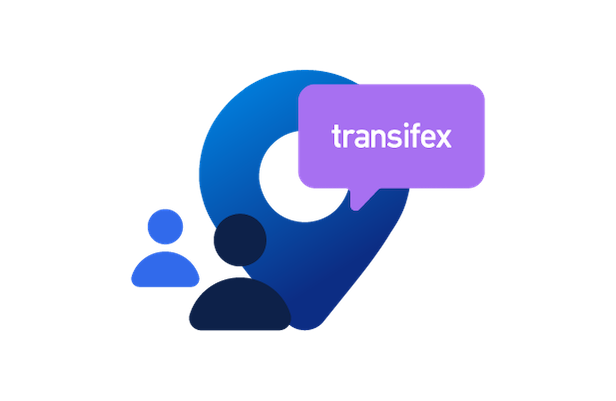

Fall 2018 Travel Localization News
- 1. To win the Asian online travel market, go local or go home.
- 2. To grow your business abroad, partner with local influencers.
- 3. Marriott and Delta learn tough lessons on importance of localization.
- 4. How Expedia is becoming more locally relevant worldwide.
- 5. How companies reach Chinese travelers with localization and understanding.
- More Travel Localization News & Best Practices
Just because peak summer travel season may have ended for most regions of the world, travel companies are still working hard to reach their global audiences and help them prepare for any upcoming trips. So, as we head into the thick of fall 2018 and continue our #TravelLocalization series, we’ve rounded up a batch of trending news and insights in the travel localization world.
From examples of how leading travel companies are reaching global markets to fundamental tips for reaching the strongly trending Asian tourist market, this roundup covers it all. Dive into these this travel localization roundup to see how travel companies are reaching their traveler audiences in new markets across the globe.
1. To win the Asian online travel market, go local or go home.
After attending the 12th TravelDaily Conference TravelDaily Conference & Digital Travel Show (CDTS) in China, Phocuswire highlights how Booking.com is gaining a substantial share of the domestic Chinese market through business strategy and localization. This is part of a wave of meaningful localization by global brands recognizing this method as the key to get a deeper reach into local Asian markets.
2. To grow your business abroad, partner with local influencers.
“The rise of social media has created a new type of local partner: local digital influencers.” Harvard Business Review explores how companies are expanding into foreign markets through local influencer marketing — and how Chinese influencers who are popular on local social platforms like WeChat and Weibo are generating 3.24 million RMB ($0.5MM USD) for brands in just minutes.
3. Marriott and Delta learn tough lessons on importance of localization.
One of the common misconceptions of localization is that merely translating what works in one context will work in another, but this strategy is inherently flawed. TNooz explains how major travel companies like Delta and Marriott found themselves in uncomfortable positions in the Chinese market after major cultural faux pas. In Marriott’s case, their website was even shut down for a week by Shanghai authorities.
4. How Expedia is becoming more locally relevant worldwide.
Expedia has been focused on improving its execution in key markets with existing brands and loyal customers. Skift explores how they’re doing it: “We’re focusing on a handful of countries first to make sure we’re providing great content, translation, localization, perfect payment types, thorough inventory … and working to make sure our brands are consistently articulating what we’re providing in these markets.”
5. How companies reach Chinese travelers with localization and understanding.
TNooz explores stats on China’s exponentially increasing outbound tourism traffic and how travel companies to attract this new tourist market. A couple examples: natural scenery and local food are two of the biggest features that Chinese tourists prioritize, and Hilton found that Chinese travelers prefer a human touch especially in planning travel or resolving any issues during travel.
More Travel Localization News & Best Practices
Looking for more travel localization news? You’re in luck. This post is part of the #TravelLocalization series, built to help you better understand the why and how behind localizing your travel content and business. Explore the full #TravelLocalization Series series to for more insights on effectively using localization to grow your travel business.
- Why Travel & Hospitality Companies Must Localize Their Content
- 3 Localization Must-Knows for Travel Companies
- How to Localize Your Travel Website & Mobile App
- Understanding the Technical Aspects of Travel Localization
- Fall 2018 Travel Localization News
Get The Complete Guide to Travel Localization
In today’s global world with rising rates of tourism and increased wanderlust amongst the generations with the highest purchasing power, it’s important to understand how to connect with your travel audiences across the world. Whether your travel, tourism, review or hospitality company does business overseas or strictly within your own borders, you can set yourself apart from competitors with effective localization. In our latest Travel & Hospitality Localization Guide, learn all the fundamentals of travel localization – from how to invest in it and critical elements to be aware of when marketing to multilingual audience, to how your travel company can effectively localize across websites, mobile apps, and other digital content.
Download the complete Travel & Hospitality Localization Guide today to learn how to take your travel-related company global.








